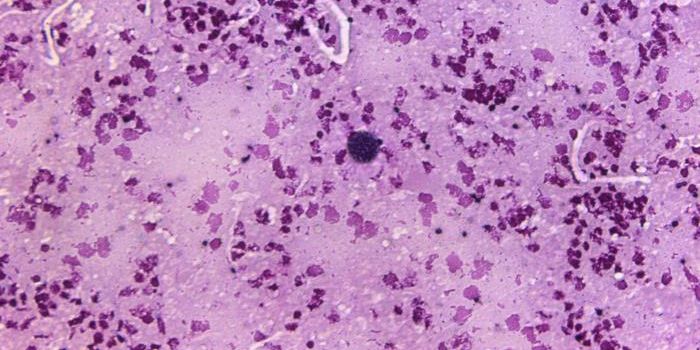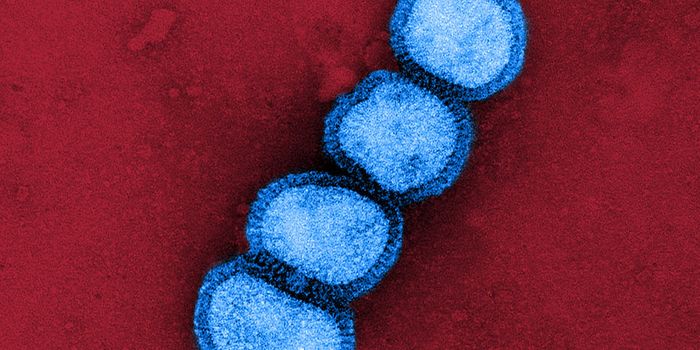The Gut Microbiome May Play a Role in Schizophrenia
Schizophrenia is a devastating mental disorder that disrupts a person’s normal emotions, and their ability to think, perceive, and interact with others socially. Now researchers have found that the microbes living in the gastrointestinal tract, the gut microbiome, may influence the disease. This work, which is outlined in the video and has been reported in Science Advances, shows that altering the gut microbiome could be a new way to treat the disease.
According to the National Institute of Mental Health, it’s difficult to estimate how many people have schizophrenia because of how difficult to it is to diagnose, as well as how much it overlaps with other disorders. However, the World Health Organization estimates that the disease impacts about 21 million people worldwide, and that half of them are not receiving treatment. Relative to other health problems, the costs of schizophrenia are high not only because of the direct cost of helping patients but also because how those with the disease can impact society.
We don't know much about what causes schizophrenia. There may be a genetic component to the disease that involves a multitude of genes. How genes interact with environmental influences like malnutrition or viral exposure may play a role. Brain chemistry and neurodevelopment are also thought to be an important factor in the disorder.
“We understand schizophrenia as a brain disease,” said Ma-Ling Wong, a medical geneticist at the State University of New York Upstate Medical University in Syracuse, who was co-leader of the study. “But maybe we need to re-examine this line of thinking and consider that maybe the gut has an important role.”
The gut is sometimes referred to as our second brain and it shares a direct connection with our brain. The microbiome within the gut is being increasingly linked to a wide variety of health problems, including mental disorders like anxiety and depression. Genetic technologies have enabled researchers to identify the species of microbes living in the gut by assessing fecal matter, and that has allowed them to demonstrate that various microbial strains are linked to certain diseases and that imbalances in the microbiome can cause health problems.
In this work, the researchers showed that the gut microbiomes in schizophrenia patients were not as diverse as those in healthy people. They also found certain strains of bacteria only in the guts of the schizophrenia patients. With this data, the scientists could identify people who had schizophrenia based only on the strains of bacteria found in their guts.
Related: Investigating Probiotics as a Potential Therapeutic for Bipolar Disorder
The scientists also transplanted fecal material from schizophrenia patients into mice that lacked gut microbes. There were changes in the brains of these mice that were associated with a neurotransmitter called glutamate, which has been linked to schizophrenia. The mice also began to exhibit unusual behaviors, unlike mice that had received fecal transplants from healthy people.
This work indicates that changing the gut microbiome might be a way to treat schizophrenia. More work will be required, but it presents an option that is totally different from any that are currently in use.
Sources: Science Advances, Discover Magazine, NIMH, WHO








